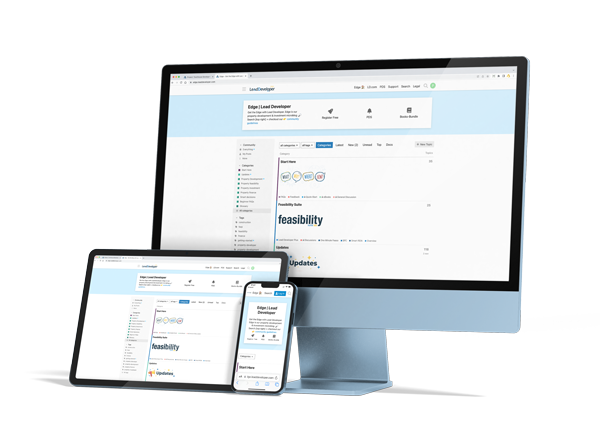Checklist for Evaluating Real Estate Investment
1. Formulating a Financial Plan
- Assess current financial status, focusing on income and day-to-day expenses.
- Allocate a portion of monthly income to long-term investments, including real estate.
- Develop a comprehensive wealth-building strategy.
2. Preparing for Real Estate Investment
- Research and understand the requirements for purchasing rental property.
- Develop a financial plan specific to real estate investment.
- Cultivate patience and readiness for hard work.
- Compare real estate with other investment types (stocks, mutual funds).
3. Understanding Real Estate’s Potential
- Recognize the potential for periodic cash flow through rent.
- Acknowledge long-term appreciation potential.
- Learn about tax-deferred compounding of property value.
- Understand the concept of positive operating profit from property.
4. Recognizing Investment Caveats
- Be aware of the rarity of high returns (few home runs).
- Understand the challenges of upfront operating profit.
- Recognize the potential for market volatility.
- Acknowledge the high transaction costs and tax implications.

 You are missing out if you haven’t yet subscribed to our YouTube channel.
You are missing out if you haven’t yet subscribed to our YouTube channel.
5. Returns, Risk, Liquidity, and Capital Requirements
- Research the average returns on real estate investments.
- Assess personal risk tolerance in relation to real estate market fluctuations.
- Understand the illiquidity of real estate compared to other investments.
- Evaluate personal capital availability for real estate investment.
6. Diversification and Value Addition
- Consider real estate’s role in investment portfolio diversification.
- Identify opportunities for property improvement and value addition.
- Explore low-cost real estate investment options (REITs).
7. Tax Advantages
- Understand tax deductions and depreciation benefits.
- Research tax-free rollovers and installment sales.
- Learn about special tax credits for specific types of property investments.
8. Personal Suitability Assessment
- Assess personal time availability for managing real estate.
- Evaluate ability to handle property-related problems and stress.
- Gauge personal interest and passion for real estate.
- Determine financial readiness for potential market downturns.
9. Integrating Real Estate into Personal Financial Plans
- Ensure optimal personal financial health before investing.
- Eliminate high-cost consumer debts.
- Secure comprehensive insurance coverage (health, disability, life, homeowner’s, auto, umbrella).
- Consider retirement account funding and its impact on real estate investment.
- Develop an asset allocation strategy incorporating real estate.

Make It Real
 Start Your Journey Today!
Start Your Journey Today!
You are missing out if you haven’t yet subscribed to our YouTube channel.


